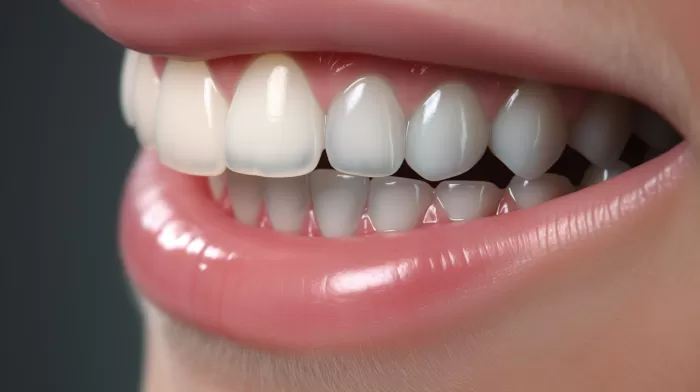Your mouth and your body’s overall health are closely connected. A buildup of harmful bacteria in the mouth can lead to serious health problems that go beyond a simple cavity. For example, endocarditis is a dangerous heart infection, and squamous cell carcinoma is a type of cancer strongly connected to the bacteria that causes gingivitis. Maintaining good oral health should be a priority, including regular brushing and flossing.
The Flaws in Flossing
You have likely been told your entire life that the key to good oral health is brushing and flossing. While brushing is proven to reduce bacteria and prevent cavities, there is no conclusive evidence that flossing has any significant impact on your dental health.
Despite the lack of evidence to support the benefits of flossing, federal mandates have recommended it since 1979. Up until last year, flossing recommendations were included in the government’s Dietary Guidelines for Americans. It was removed from the guidelines due to a lack of scientific evidence supporting its benefits. The government is legally required to base recommendations on scientific research, of which there is none that conclusively proves the benefits of flossing.
Certain studies have been conducted on flossing, but their findings have been deemed weak and unreliable by the Associated Press and other scientists. The majority of research done on flossing suggests that there is not much difference in benefits between brushing and flossing together versus brushing alone.
The Pros of Continuing to Floss
Many people who have been consistently flossing might feel it’s hard to break the routine. It’s not a bad thing to keep flossing; it can help remove annoying food particles and can be an essential step in getting rid of bad breath, as recommended by Dr. Michael Cutler. Additionally, considering the potential health risks associated with bacterial buildup in the mouth, flossing might not be a bad idea. Future research might eventually prove conclusive benefits of flossing.
Other Ways to Support Oral Health
In addition to regular brushing and flossing, there are other ways to actively support your oral health. Consider the following:
1. Oil pulling: This ancient practice involves swishing a spoonful of oil (coconut, sesame, or sunflower oil) around your mouth for 10-20 minutes daily to help remove bacteria and improve dental health.
2. Avoid sugar and phytic acid-rich foods: Sugar is a major contributor to cavities, while phytic acid can weaken teeth by blocking mineral absorption. Limit your intake of sugar and grains that contain phytic acid to promote oral health.
3. Get enough calcium and magnesium: These vital minerals are crucial for strong teeth and bones. A variety of foods, such as leafy green vegetables, nuts, seeds, and dairy products, can ensure proper intake of calcium and magnesium.
4. Use products containing xylitol: Xylitol is a sugar alcohol derived from natural sources, such as birch trees and corn cobs. Unlike sugar, xylitol does not feed harmful bacteria in the mouth. Instead, it has a plaque-reducing effect and helps prevent tooth decay.
5. Try alcohol-free mouthwash: Reach for a mouthwash that does not contain alcohol. Alcohol can cause dryness in the mouth, which is not good, as saliva plays an essential role in neutralizing harmful bacteria. Alcohol-free mouthwashes can be just as effective without drying out your mouth.
While flossing might not have the concrete scientific backing that brushing does, it is still a worthwhile practice for maintaining good oral health. Furthermore, adopting some additional habits, such as oil pulling and proper nutrition, can enhance the overall health of your mouth and body.



